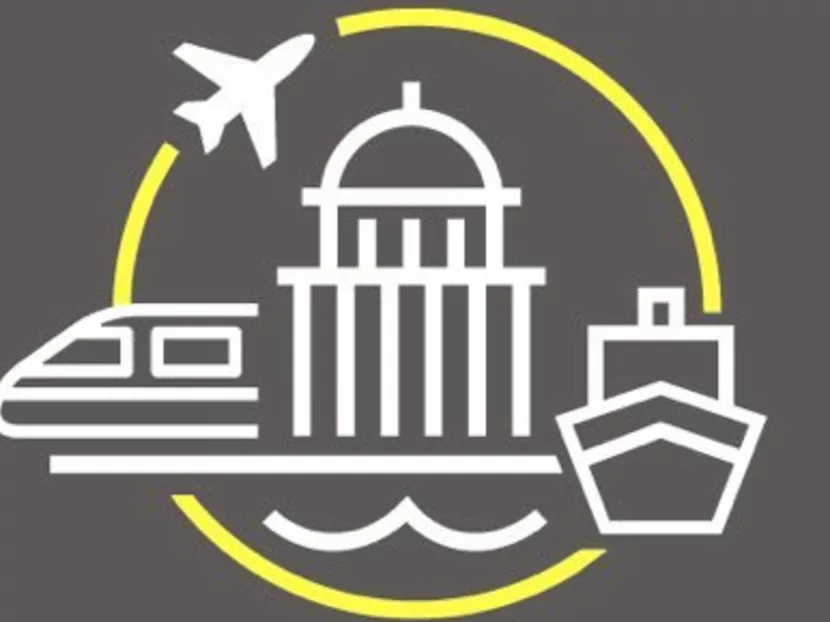ASHRAE provided testimony in a congressional hearing on COVID-19 risks and response in transportation systems, held by the U.S. House Committee on Transportation and Infrastructure on Thursday, Feb. 4.
The hearing titled "Protecting Transportation Workers and Passengers from COVID: Gaps in Safety, Lessons Learned, and Next Steps," examined COVID-19 safety gaps in the protection of transportation workers and passengers.
"Protecting the transportation workforce and passengers, many of whom are essential workers, is critical for all of us, as those traveling can rapidly spread the coronavirus over large distances," said 2020-21 ASHRAE President Charles E. Gulledge III, P.E. in his remarks to the committee. "I am delighted that you have called upon the chair of ASHRAE's Epidemic Task Force who is one of the leading experts in this field. On behalf of the entire ASHRAE organization, we offer continued technical support to this congressional committee as it works on policies and legislation to make transportation systems safer and healthier."
Among the six witnesses testifying at the hearing, ASHRAE Epidemic Task Force chair William P. Bahnfleth, Ph.D., P.E., gave a testimony on behalf of ASHRAE.
"In response to the pandemic, ASHRAE formed an Epidemic Task Force last March, which I was appointed to chair," Bahnfleth said. "The Task Force is comprised of volunteer members who are experts in the fields of air conditioning, ventilation, filtration and air cleaning. It includes practitioners as well as researchers and academics like myself who have focused their careers on making indoor environments safer and healthier. Importantly, as part of ASHRAE, the task force like all activities at ASHRAE, is free from commercial interests. Our guidance, standards, and other resources are based on science and consensus. The Task Force has produced hundreds of pages of guidance materials, conducted more than a hundred instructional webinars and courses, held briefings for policy makers, and developed summaries of this guidance that can be more accessible to the general public."
In his testimony, Bahnfleth spoke on the need to take an "end to end" approach in assessing the exposure risks related to transportation, examining not only modes of transportation, but ground facilities associated with travel. He will also share the results of case studies investigating the transmission of COVID-19 as it relates to transportation, as well as a perspective on HVAC system upgrades, design strategies and safety measures.
"For the safety of those who must travel, it may be possible to upgrade the HVAC systems of some modes of transportation by improving ventilation, increasing filter efficiency and adding air cleaning technologies where applicable," Bahnfleth said. "However, as noted previously, there are limitations to the kind and extent of upgrades. This lesson — that risk can be significant and that our transportation systems currently may not provide the desired level of protection to workers and passengers, should be reflected in the design of future trains, buses, automobiles and ships. ASHRAE is committed, within its sphere of expertise, to helping ensure that the safest possible conditions are provided for all who need and want to travel, today and in the future."
The House Committee on Transportation and Infrastructure, chaired by Rep. Peter DeFazio (D-OR), has jurisdiction over all modes of transportation, land and water infrastructure, as well as the management of federally owned real estate and public buildings.
The full hearing can be viewed at this link on the House Committee on Transportation and Infrastructure website.




